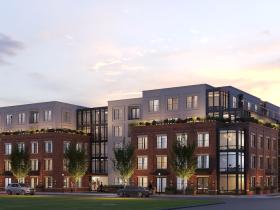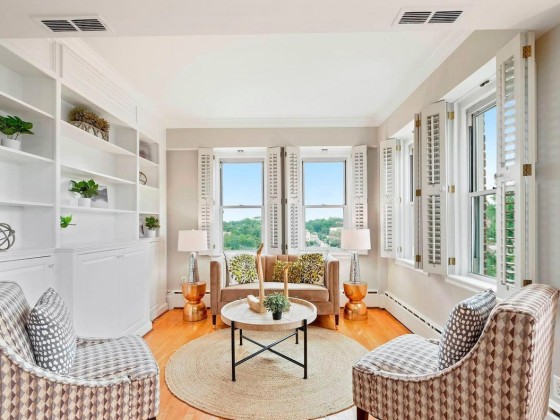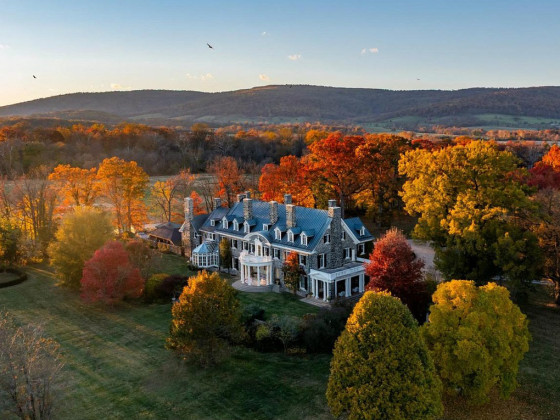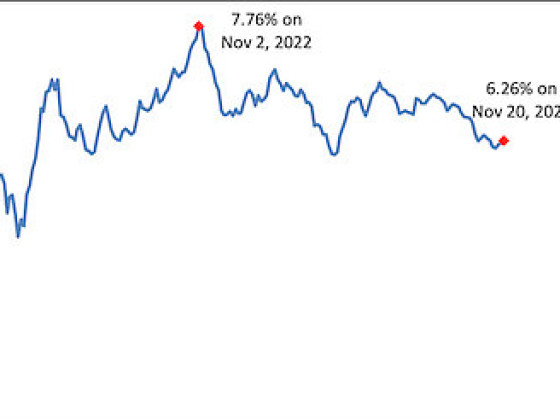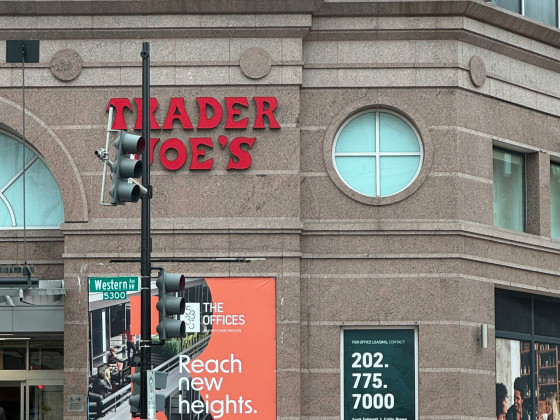 Amateur Landlord: Getting Up to Code
Amateur Landlord: Getting Up to Code
✉️ Want to forward this article? Click here.

With DC’s rental market being red hot, converting a condo or part of a residence into an apartment can bring in some good extra income these days. But before you post that Craigslist ad, an important first step is ensuring that the property is safe and sanitary for tenants.
This year, the DC Department of Consumer and Regulatory Affairs (DCRA) published a rigorous and specific inspection checklist on its blog to help first time landlords become code compliant. UrbanTurf spoke with DCRA spokesman Mike Rupert and Urban Igloo president Rick Gersten to discuss some of the major code violations that city inspectors look for.
“The code goes all the way down to how your toilet paper holders should be installed,” Mike Rupert said. “But the big things are the life safety issues. We look to make sure that each rental has smoke detectors, enough exits and that the electrical units are working properly. Our goal is to protect renters and make sure the place they are staying in is safe.”
First time landlords should ensure that their unit has a one or two family rental license that confirms the conversion work was inspected and the use is approved. Rupert told UrbanTurf that he sees a lot of people who buy a home banking on income from their basement apartment.
“If you take a nasty basement and weekend warrior it, we need to know that the electrical, plumbing, drywall and other construction are up to code,” he told UrbanTurf.
Urban Igloo’s Rick Gersten said that at this point DCRA is very proactive about making sure people are safe in their apartments, and that it’s not difficult for a resident to acquire a basic business license from the DC government.
“DCRA has made the process very reasonable to complete,” Gersten said. “They want to make sure that landlords have proper fire alarms and that their emergency access routes are up to code. It should give landlords comfort that their tenants will be living in a safe place.”
Part of DCRA’s proactive initiative is to reach out to landlords who believe that asking for an inspection will only result in fines or penalties for violations they may have missed.
“You’re not inviting fines by asking for an inspection,” Rupert emphasized. “We give adequate time for people to fix these issues and make [their homes] safe to rent.” DCRA typically gives 30 to 60 days for landlords to repair housing code violations before fines are levied.
Rupert also said that he hears a lot of questions from landlords who rent their apartments without a license and are afraid of being fined.
“People should not be afraid to come in and begin the application process,” Rupert told UrbanTurf. “We aren’t coming after the people who are coming in to help themselves. It’s the people who are trying to work around the system that are going to get fined.”
See other articles related to: amateur landlord, dcra, urban igloo
This article originally published at https://dc.urbanturf.com/articles/blog/amateur_landlord_getting_up_to_code/2548.
Most Popular... This Week • Last 30 Days • Ever

UrbanTurf takes a look at the options DC homeowners and residents have to take advant... read »
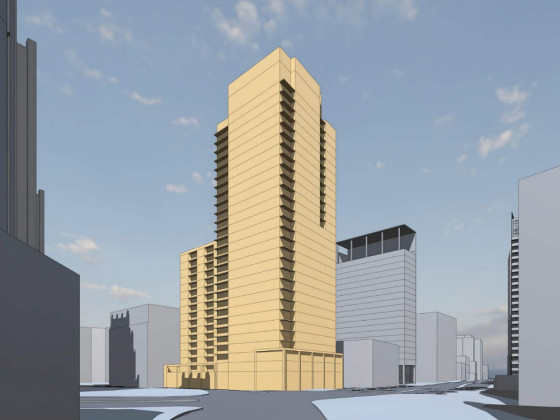
A major new residential development is on the boards for a series of properties near ... read »
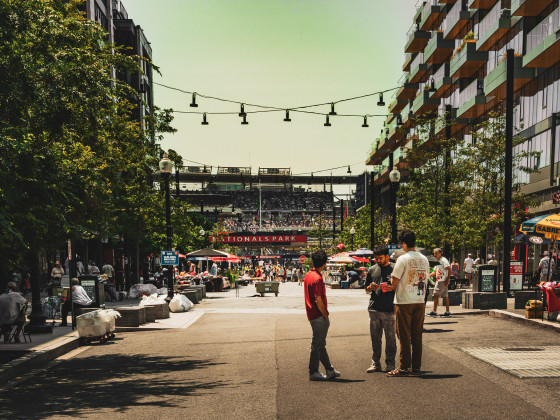
A new report from DC’s Office of Revenue Analysis highlights how millennials and wo... read »
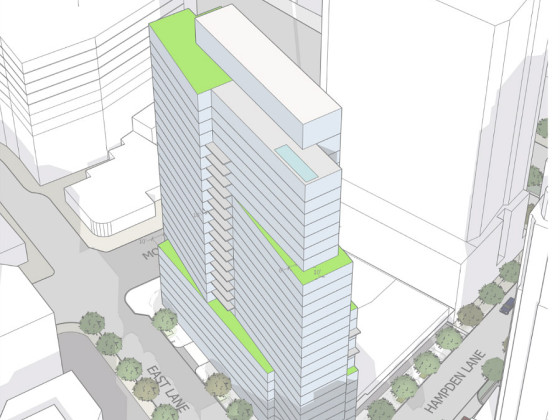
The building is the second proposal for a pair of aging office buildings in downtown ... read »
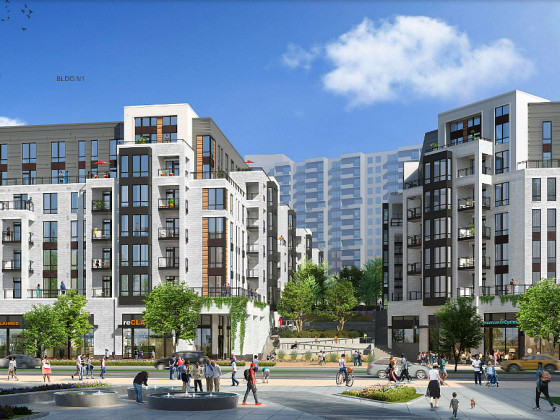
The central action before the Board is a rezoning request for the nearly 36-acre site... read »
- A Solar Panel Primer for DC Residents
- 29-Story, 420-Unit Development Pitched For Middle Of Downtown Bethesda
- How DC's Population Changed During And After The Pandemic
- Fitting In: A Narrow 260-Unit Apartment Building Pitched For Bethesda
- Arlington County To Weigh Major Actions Advancing RiverHouse Redevelopment
DC Real Estate Guides
Short guides to navigating the DC-area real estate market
We've collected all our helpful guides for buying, selling and renting in and around Washington, DC in one place. Start browsing below!
First-Timer Primers
Intro guides for first-time home buyers
Unique Spaces
Awesome and unusual real estate from across the DC Metro




